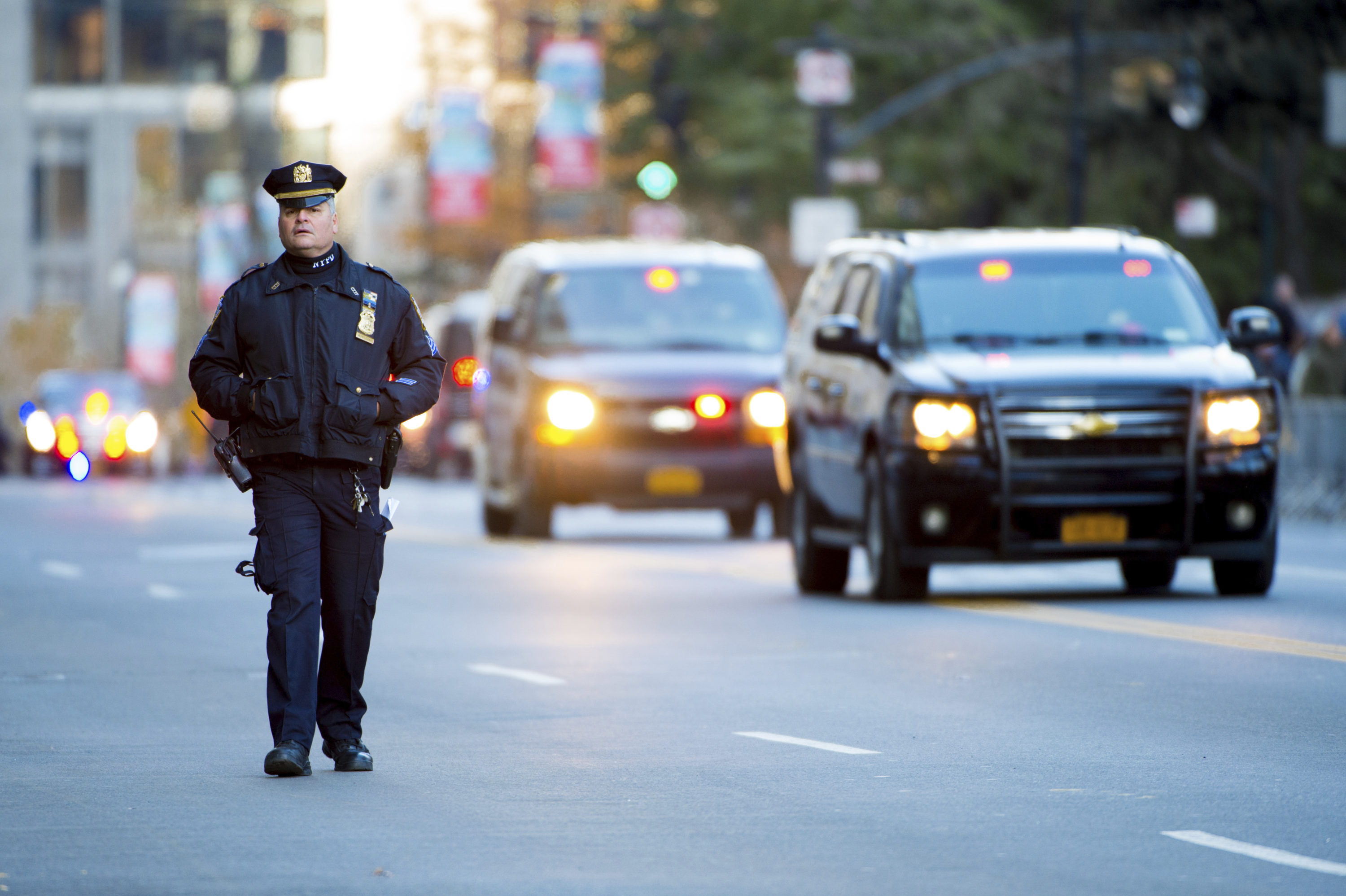Complaints against NYPD spiked in 2019

Complaints against New York City police officers spiked in 2019, rising nearly 20 percent from last year — and new statistics released by the city suggest that cops and civilians cooperating to resolve those cases are having more trouble doing so.
The number of total complaints filed with the Civilian Complaint Review Board — which handles allegations of discourtesy, offensive language, excessive use of force and abuse of authority by uniformed police officers — rose by nearly 1,000 in fiscal year 2019, from 4,392 complaints last year to 5,236 this year, according to statistics released Tuesday in the annual Mayor’s Management Report.
And even while complaints surged, cases in which both the police officer and the complainant agreed to try mediation dropped by about 10 percent from 2018 to 2019 — from 550 to 500.

Brooklyn Boro
View MoreNew York City’s most populous borough, Brooklyn, is home to nearly 2.6 million residents. If Brooklyn were an independent city it would be the fourth largest city in the United States. While Brooklyn has become the epitome of ‘cool and hip’ in recent years, for those that were born here, raised families here and improved communities over the years, Brooklyn has never been ‘uncool’.